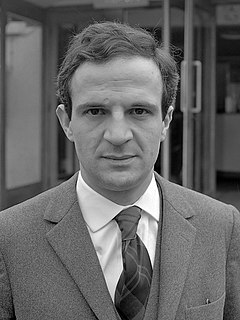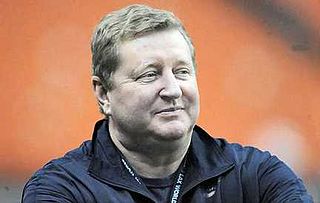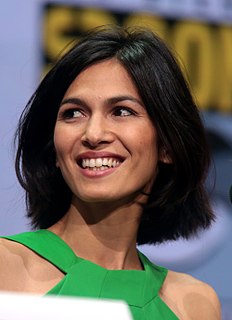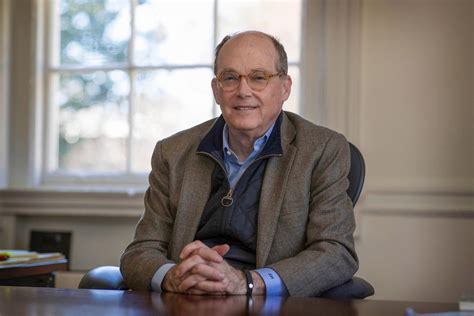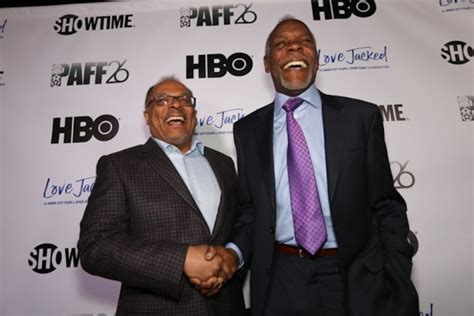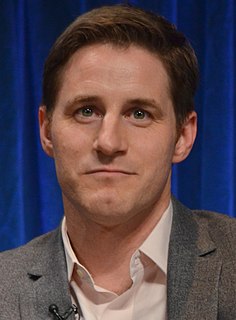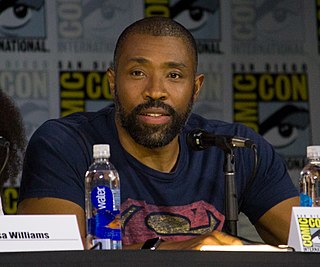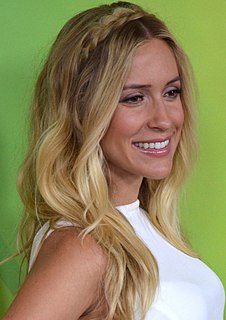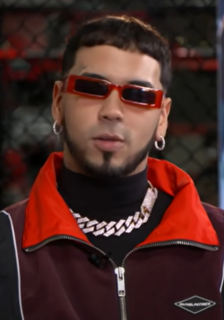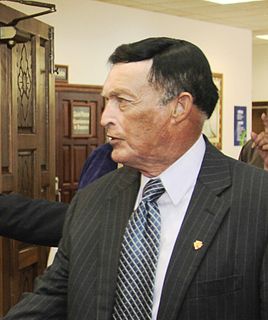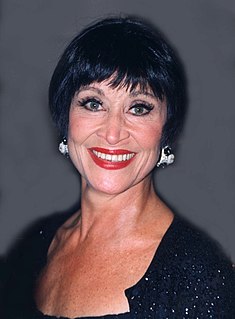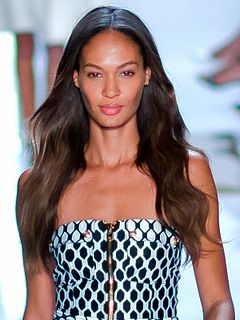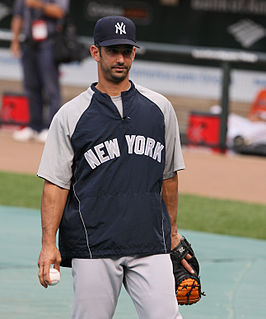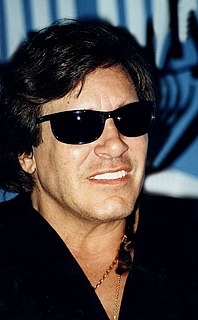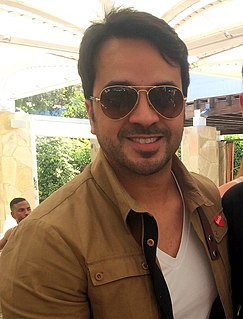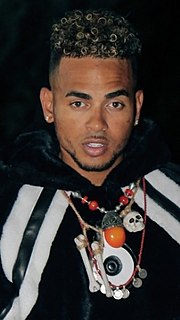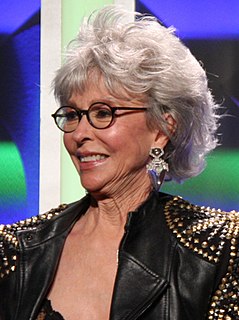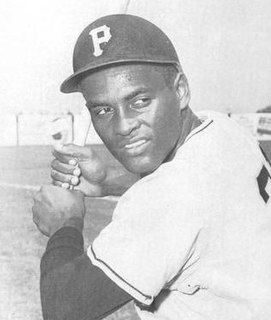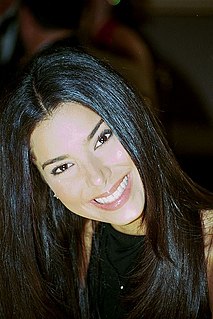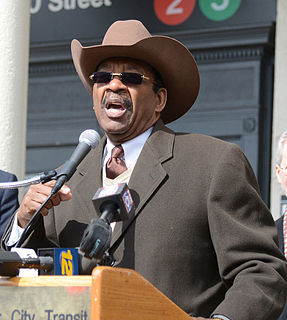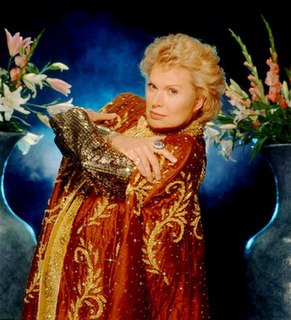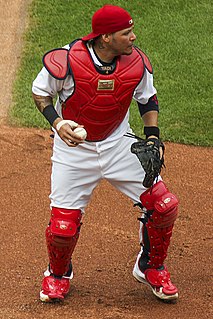Цитата Алекса Абреу
Мы обнаружили это на полпути в процессе. Когда мы начали снимать фильм, там были диалоги на португальском, но потом мы передумали. Фильм начался с очень конкретных проблем мира, в частности Латинской Америки, но на полпути мы почувствовали необходимость иметь более универсальные идеи, которые не были такими специфическими.
Связанные цитаты
Для зрителей актеры исполняют определенные роли мужчин и женщин через персонажей, которых они разыгрывают на экране. Директор, с другой стороны, не выполняет гендерно-специфическую работу. Таким образом, не имеет значения, является ли человек, который снимает тот или иной фильм, мужчиной или женщиной.
Думаю, мы вышли и забили первые голы достаточно легко и довольно быстро. Внезапно они начали менять защиту, и они изменили наши вещи, и я подумал, что мы слишком уж устроились. Я отдаю должное их вратарю, он сделал несколько очень хороших сейвов, но мы просто хотели забить. Мы кое-что изменили в середине четвертой четверти и смогли создать несколько бросков. Я думаю, что большую часть года мы были хороши в нападении. Мы действительно не боролись, как это. Мы знали, что в начале сезона нам нужно будет делить мяч в нападении и быть очень эффективными.
Некоторых сценаристов определенно вдохновили некоторые сюжетные линии, но мы развиваемся в истории «Сорвиголовы». Итак, когда дело доходит до «Электры», они не следовали одной из ее конкретных сюжетных линий, понимаете. Они действительно пытались передать то, что происходит в комиксах, но в них нет одной конкретной сюжетной линии.
В Канаде у нас есть очень хорошая структура поддержки фильмов через ряд государственных инициатив, таких как налоговые льготы и другие гранты. Северная часть Онтарио начала собственное финансирование. Они были очень рады спонсировать нас, поэтому они оказали нам большую поддержку и вложили половину бюджета в этот фильм. Они хотели бы, чтобы мы вернулись и сделали больше фильмов.
Обычно мой процесс заключается в том, чтобы сидеть в комнате и читать сценарий, говорить о нем, задавать вопросы и просто вести диалог. Это проходит через всю съемку. Сюда могут проникнуть самые разные мысли и идеи. Пока вы все на… Мы просто все пытаемся рассказать историю, поэтому моя работа как режиссера состоит в том, чтобы просто выяснить, на чем должен быть основан этот фильм, в какой-то момент это просто слова на странице, но потом ему просто нужно перейти на некоторый уровень правдоподобного повествования. В какой-то степени я открываю для себя фильм по мере его создания.
Моей первой работой было телевидение. Я добрался туда, куда хотел, но через небольшой крюк. Когда я только начала работать в кино и на телевидении, я ненавидела себя — мне совершенно не нравилось то, чем я занимаюсь. Все, о чем я мог думать, было: «Я переигрываю. Будь меньше». Я начал это делать, но это было не весело. Я чувствовал себя ограниченным, когда снимался в кино и на телевидении.



